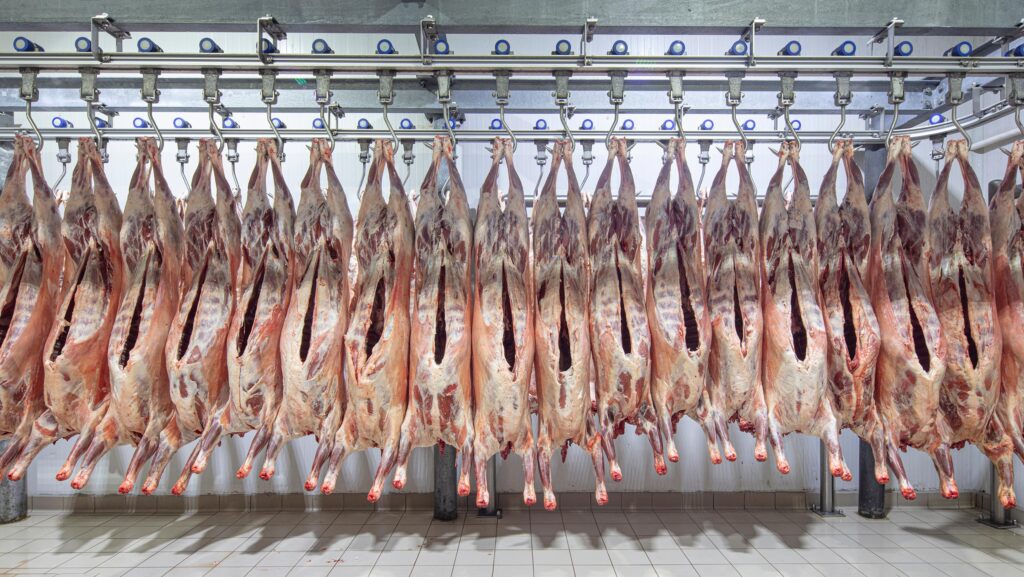Inconsistencies in border inspections ‘crippling’ meat industry
 © AdobeStock
© AdobeStock
Varying standards of both physical checks and paperwork requirements for meat products at the UK’s border control posts (BCPs) are causing major issues for processors.
The Association of Independent Meat Suppliers (Aims) says veterinary failures are costing the industry millions.
It has called for a veterinary agreement with the EU to be put in place as an urgent priority.
See also: Abattoir sector near ‘tipping point’ warn meat processors
Aims’ head of external affairs, Jason Aldiss, told Farmers Weekly that its members had faced varying requirements for physical checks on meat products at BCPs and differences in the standards required by individual vets.
He added that decisions by vets at the BCPs had been highly inconsistent with many using old, outdated paper systems.
This was resulting in mistakes and products subsequently being rejected due to problems with the certificates.
“The certificate is then having to be brought back to the vet and reissued, which has resulted in wagons of short shelf-life products being wasted,” he said.
Technology
Mr Aldiss suggested that implementing technology with standard systems and procedures would improve the integrity, accuracy and consistency of veterinary certification.
It would also reduce the volume of paperwork needed.
“We seem to be using a Stone Age approach in a modern world.”
Aims has estimated the additional cost burden to individual lorries at up to £1,500 a load for exports, and up to £870 a load in custom fees for imports.
This is despite only about 2% of consignments being inspected.
“It is essential that the UK government acts now. Inconsistency and inaccuracy in veterinary controls are crippling our industry,” said Mr Aldiss.
“We need a comprehensive veterinary agreement with the EU to ensure the competitiveness and sustainability of the UK meat sector.”
Trade burden
The meat sector complaints come as a new report, from Aston University, shows how UK exports to the EU declined by 27% overall between 2021 and 2023.
Agri-food was one of the hardest hit sectors.
There was also a 32% reduction in imports during the period.
Aston University’s report co-author, Dr Oleksandr Shepotylo, said: “Our findings indicate a decoupling of the UK from key EU final goods markets, accompanied by a shift in UK supply chains toward geographically closer EU trading partners for exports and smaller countries for imports.
“This shift raises concerns and underscores the urgent need for a strategic reconfiguration of UK supply chains to maintain competitiveness.”
